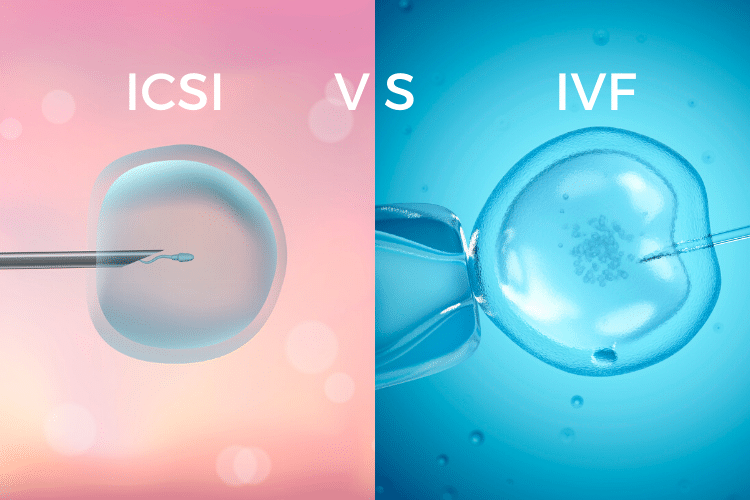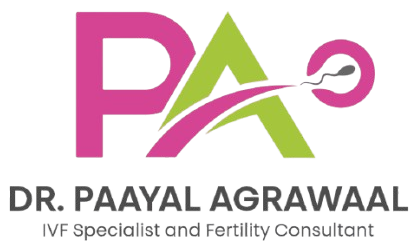IVF/ICSI
Infertility and IVF - IVF/ICSI
Book Appointment
For Appointment

What are the Key differences between IVF and ICSI?
Method of Fertilization:
- IVF: Eggs and sperm are allowed to fertilize naturally in a petri dish.
- ICSI: A single sperm is injected directly into an egg.
Suitability:
- IVF: Suitable for a wide range of infertility issues, including female factor infertility.
- ICSI: Specifically designed for male factor infertility, especially where sperm count or motility is a concern.
Success Rates:
- IVF: Success rates vary but generally fall between 20%-40%.
- ICSI: With the direct introduction of sperm, success rates can be marginally higher in cases of male factor infertility.
Which one is better, IVF or ICSI?
It’s not so much a game of “better” but rather what’s best suited for the couple’s specific needs. ICSI often addresses male infertility challenges that IVF can’t. But if there’s no issue with sperm quality or quantity, IVF might just do the trick. A trusted clinic, like India IVF Fertility, would conduct thorough evaluations to recommend the ideal treatment.
What are the Risks associated with IVF and ICSI
Every medical procedure, no matter how advanced, has some risks. Here’s the lowdown:
- Ovarian Hyperstimulation Syndrome (OHSS): It can occur with fertility drugs used in both treatments.
- Multiple Pregnancies: Higher chances with IVF, as multiple embryos might be transferred.
- Birth Defects: Some research suggests a slight increase in birth defects with ICSI due to male infertility factors.
Finding the right IVF doctor in Nagpur is one of the most important steps for couples struggling with infertility .With advancements in reproductive medicine,Nagpur has become home to some of the best specialists who provide personalized care and modern treatments.Choosing a trusted IVF hospital in Nagpur ensures that you receive not only expert medical guidance but also emotional support throughout your parenthood journey.
For couples looking for the best IVF treatments inNagpur ,options like ICSI,IUI ,and advanced fertility techniques are available at reputed centers equipped with world class technology .An IVF consultation in Nagpur helps you understand the treatment process ,success rates,and costs so you can make an informed decision with confidence.With the right doctor and hospital,the dream of starting a family becomes closer to reality.
